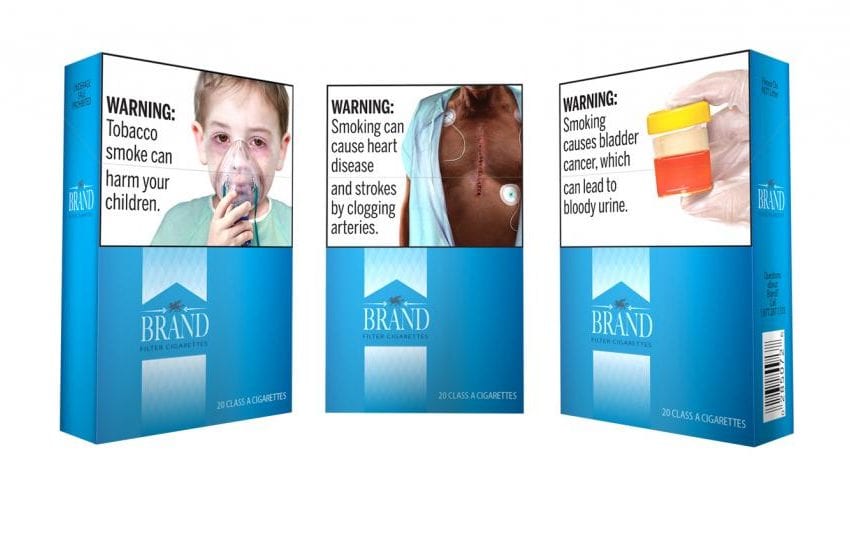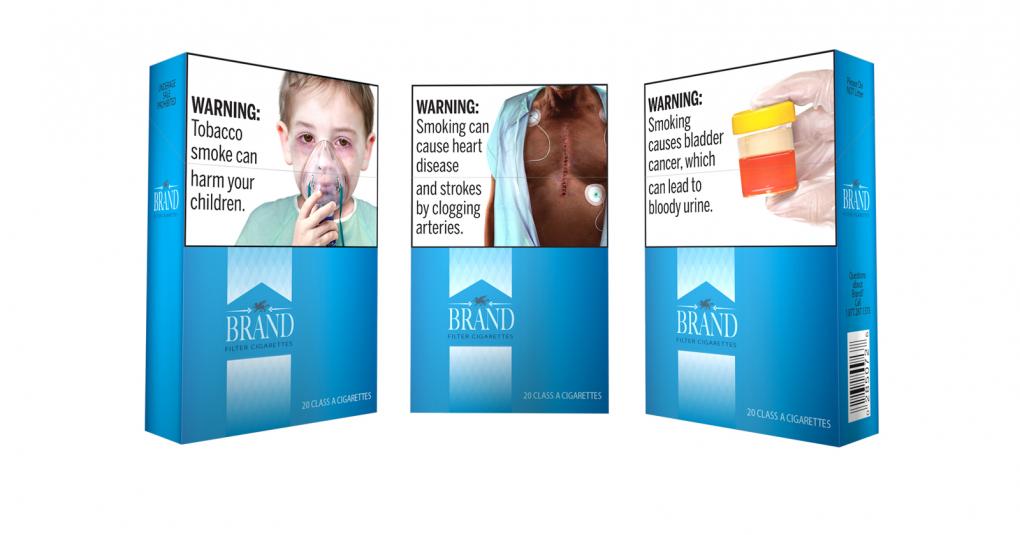
Kazakhstan will outlaw the sale and use of vaping devices, reports AKIPress, citing Member of Parliament Amanzhan Zhamalov.
Lawmakers also decided to introduce an excise tax on “smoking sticks” at 70 percent of the excise tax on cigarettes. It wasn’t immediately clear from the AKIPress article whether “smoking sticks” refers to tobacco-heating sticks or something else.
Earlier, the country’s national economy minister, Alibek Kuantyrov announced a plan to raise cigarette excise taxes to nearly $30 by 2024.
It was also suggested to raise excise taxes on other tobacco products, such as heated-tobacco, to harmonize tobacco product excise within the Eurasian Economic Union. According to the minister, this will require a staged increase in duties.



